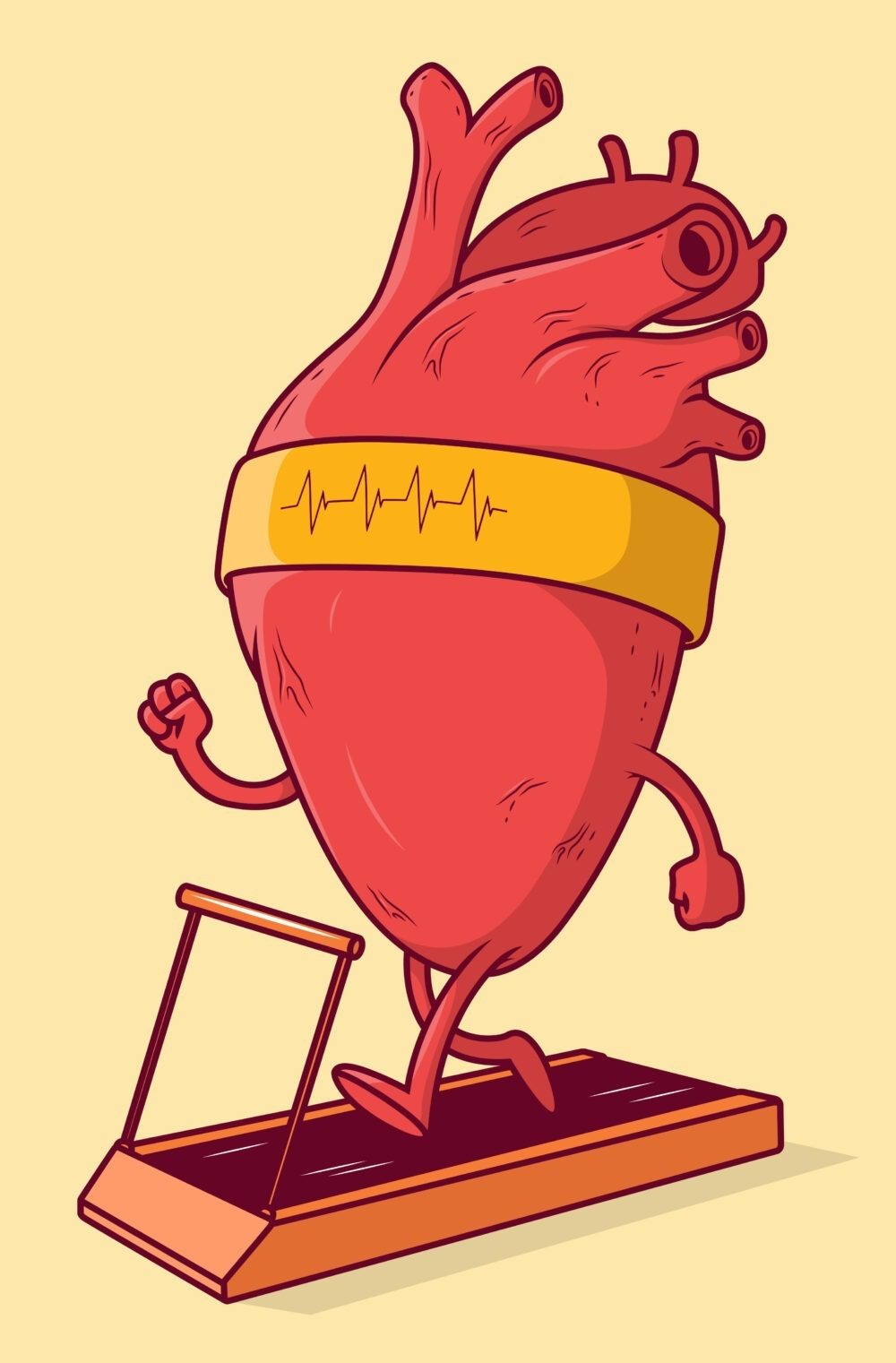Neurotransmitters, including serotonin, norepinephrine, and dopamine, regulate mood, attention, and overall mental well-being. In this article, we’ll unravel the significance of these neurotransmitters and delve into the mechanisms by which Selective Serotonin Reuptake Inhibitors (SSRIs) and Norepinephrine-Dopamine Reuptake Inhibitors (NDRIs) operate to bring about positive changes in mental health.
Neurotransmitters 101
- Serotonin:
- Role: Often referred to as the “feel-good” neurotransmitter, serotonin is crucial for mood regulation, sleep, appetite, and overall emotional well-being.
- Mechanism: Serotonin is released into the synapse, where it transmits signals between nerve cells. Reuptake, the process where serotonin is reabsorbed by the transmitting nerve cell, regulates its levels in the synapse.
- Norepinephrine and Dopamine:
- Norepinephrine Role: Primarily associated with the “fight or flight” response, norepinephrine influences alertness, attention, and stress response.
- Dopamine Role: Known as the “reward” neurotransmitter, dopamine plays a crucial role in motivation, pleasure, and reinforcement of rewarding behaviors.

How SSRIs Work
- Selective Serotonin Reuptake Inhibitors (SSRIs):
- Primary Focus: SSRIs primarily target serotonin.
- Mechanism: By inhibiting serotonin reuptake, SSRIs ensure that more serotonin remains in the synapse, enhancing its signaling between nerve cells. These heightened signals can help with mood improvement and emotional stability.
- Neuroplasticity: Chronic use of SSRIs can induce neuroplastic changes, promoting adaptability and resilience in serotonin pathways.
How NDRIs Work:
- Norepinephrine-Dopamine Reuptake Inhibitors (NDRIs):
- Dual Focus: NDRIs target both norepinephrine and dopamine.
- Mechanism: By inhibiting the reuptake of both norepinephrine and dopamine, NDRIs increase their availability in the synapse. This dual action enhances signaling between nerve cells, contributing to improved motivation, attention, and mood.
- Balancing Act: The combined impact on norepinephrine and dopamine pathways helps achieve a more balanced neurotransmitter profile.
Indications and Efficacy:
- SSRIs and NDRIs are Prescribed For
- Major Depressive Disorder
- Generalized Anxiety Disorder
- Obsessive-Compulsive Disorder
- Attention-Deficit/Hyperactivity Disorder
- Efficacy: Individual responses vary, and it may take several weeks for the full therapeutic effects to manifest.
Considerations and Side Effects
- Common Side Effects of SSRIs and NDRIs:
- Nausea
- Insomnia
- Sexual Dysfunction
- Importance of Communication: Open and ongoing communication with healthcare providers is vital to address any concerns and tailor treatment plans to individual needs.
Conclusion
In the symphony of neurotransmitters, serotonin, norepinephrine, and dopamine play unique roles, influencing our emotional states and cognitive functions. The targeted actions of SSRIs and NDRIs on these neurotransmitters offer a path to restoring balance in the intricate neural pathways, providing hope and relief for those navigating the complexities of mental health. As science continues to advance, our understanding of these mechanisms will likely deepen, paving the way for even more effective and personalized interventions in the future.
Ready to begin? Start your online therapy journey today. Book your first session now.




